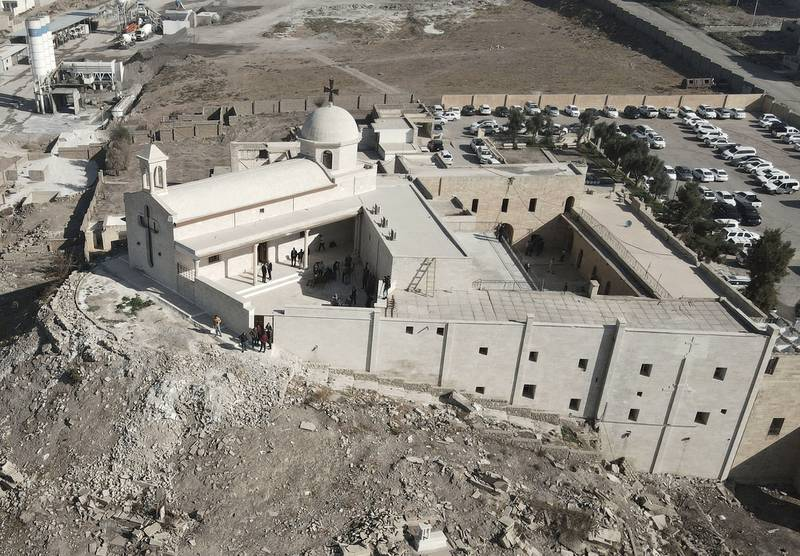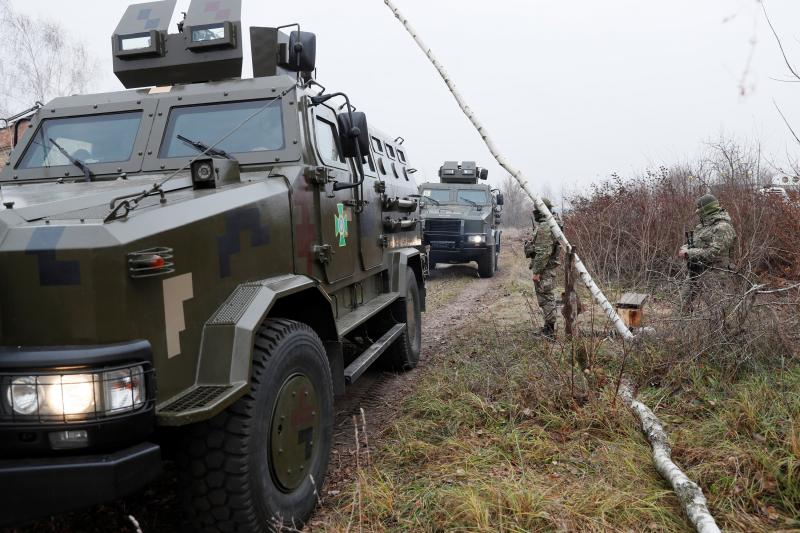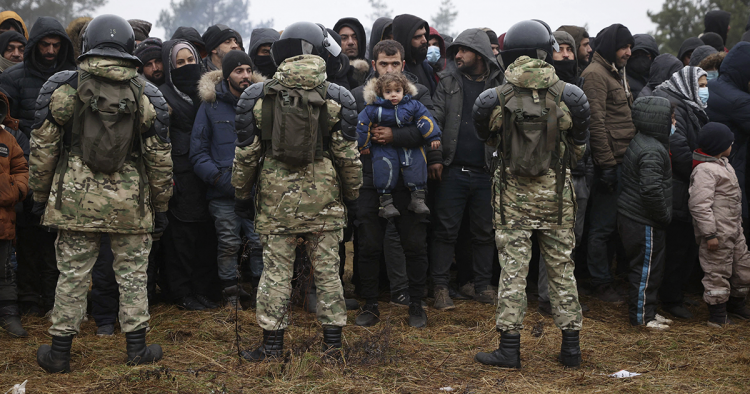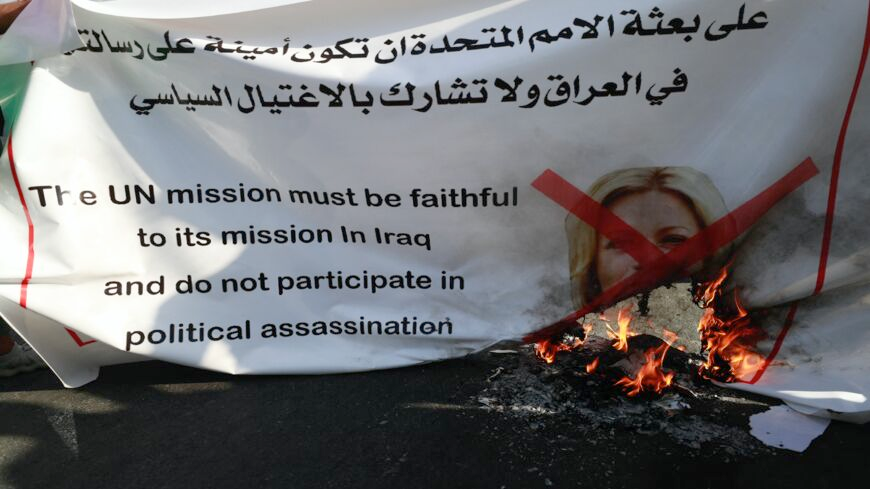Iraqis celebrate restoration of Mosul churches destroyed by ISIS

Cymbals, prayers and Chaldean Catholic liturgy resounded in Mosul’s Saint George Monastery on Friday as Iraqi faithful marked the restoration of two churches destroyed by ISIS during their occupation of the city.
Dozens gathered in one of the monastery’s churches that have been rebuilt in stone six years after the extremists pulverised them.
It is the latest sign of a slow return to normality in Iraq’s second city and the home of one of the world’s oldest Christian communities.








